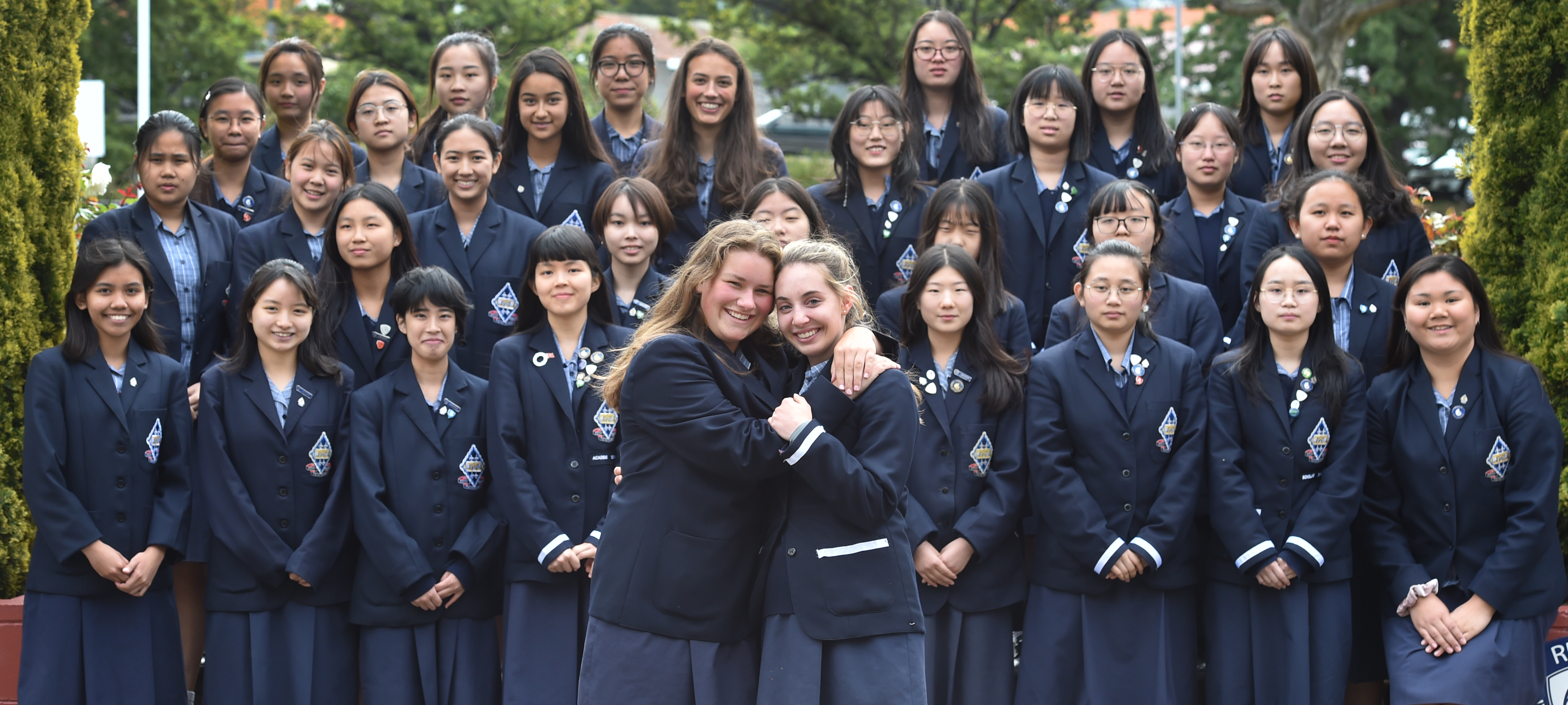
Otago Secondary Principals' Association chairwoman and Bayfield High School principal Judith Forbes said Chinese pupils traditionally accounted for the majority of IFP pupils in Dunedin.
But China's faltering economy in recent years had caused a decrease in the number of families sending their children to New Zealand to learn English.
Also, more schools around the world were recognising the opportunities of drawing pupils from China.
Additionally, China was creating more opportunities for its own pupils to learn English by staying in China.
"There are more choices available for Chinese students."
Mrs Forbes said the declining number of Chinese IFP pupils was an issue for many secondary schools, because they provided money to pay for programmes which were underfunded by the Ministry of Education.
Otago Boys' High School rector Richard Hall said it was the sad reality of New Zealand's education system.
"I don't know of a school in New Zealand that doesn't do it for the funding.
"If we were funded well by the Ministry of Education, we may not have as many [IFP pupils] and we may run the programmes differently.
"At Otago Boys' High School, that money goes into ensuring smaller class sizes in the junior school. It pays for two extra teachers in year 9."
Mrs Forbes believed each IFP pupil contributed up to $35,000 per year to the local economy through school tuition, accommodation, school uniforms, trips and personal spending.
Parents also contributed similar amounts to the local economy through spending on flights, accommodation and other living expenses when they came to visit their children.
Mr Hall said his 37 IFP pupils were also valuable to his school because they created a "window to the world" and helped his pupils learn about the culture and history of other countries.
"A number of our boys have formed friendships and then have gone overseas as a result."
IFP pupils stayed for as little as two weeks, to several years.
Despite the decline in Chinese IFP pupils, Mrs Forbes said overall numbers in Dunedin remained stable over the past couple of years, because schools were working hard to attract pupils from other countries.
The numbers range from nine at Queen's High School to 55 at Otago Girls' High School.
"We've [Bayfield High School] worked really hard with Thailand this time.
"We met with people from Thailand late last year.
"Over the past two or three years, we've also gone to Norway - that's a new market that's opened up.
"We've definitely seen a drop from China so we've been working hard to spread the range of nations we draw from, significantly."












